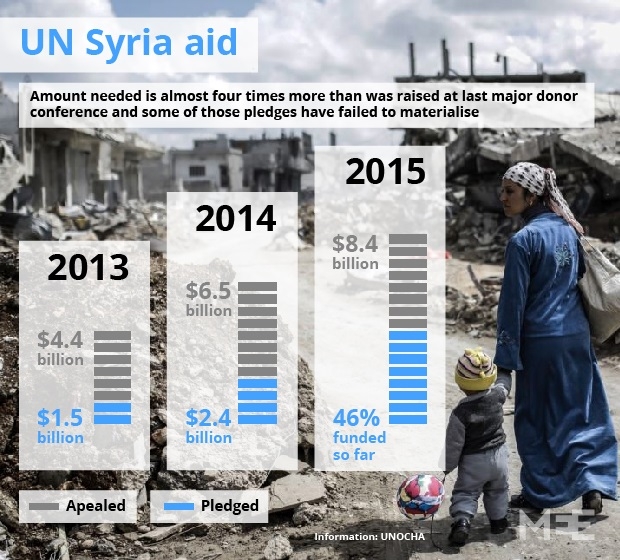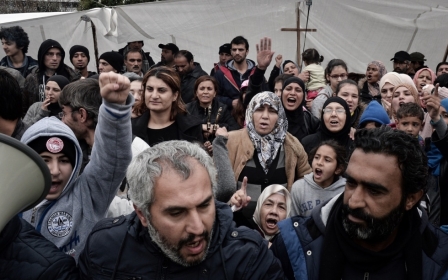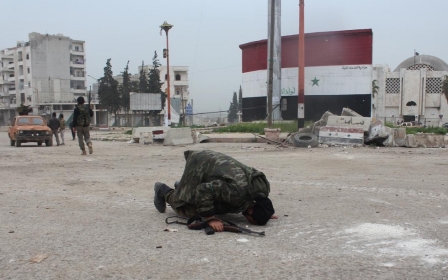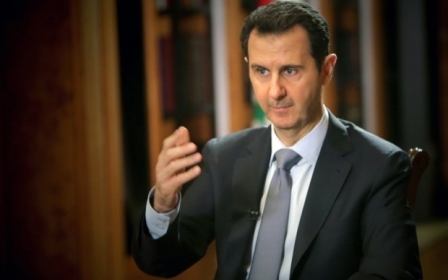Syria donor pledges hit $3.8 bn but more needs to be done
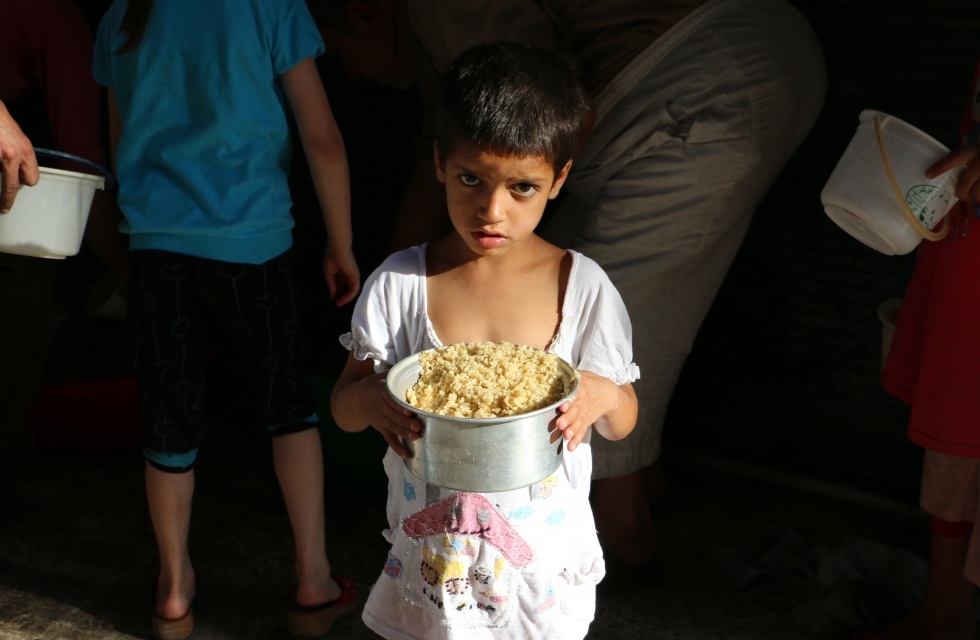
International donors pledged $3.8 bn on Tuesday to help alleviate war-torn Syria's humanitarian crisis, which Kuwait's emir warned was the worst in "modern history".
UN chief Ban Ki-moon told participants at the meeting in Kuwait that four out of five people in Syria were living in "poverty, misery and deprivation".
"The Syrian people are victims of the worst humanitarian crisis of our time," he said.
Addressing the closing session of the Third International Pledging Conference for Syria, Ban welcomed the promised funds as "very generous".
However, the amount is still only a fraction of the $8.4 bn the UN asked for to tackle what it has repeatedly called an unprecedented human catastrophe. Before the conference began the UN appeal had only been 8 percent met, with some of the pledges still outstanding. Now 46 percent of the appeal has been met.
It is envisioned that the $8.4 bn will be divided between $5.5 bn intended for Syrian refugees and $2.9 bn for people inside the country.
On Monday, Oxfam had criticised the international response, saying that the money pledged was woefully inadequate, but the pledges this time, almost equals the combined total of $3.9 bn promised at the two previous conferences.
Not all of these pledges have been fulfilled, although the UN says that for 2013 and 2014 some 90 percent of aid does appear to have been delivered.
On Tuesday, the EU pledged nearly 1.1 bn euros ($1.2 bn), double the amount the bloc offered last year, while Kuwait opened the conference with a promise of $500 m.
The United States pledged $507 m and non-governmental organisations committed more than $500 m on Monday before the conference officially started.
Other major contributions came from Britain with $150 m – which until now has been Syria’s single biggest aid donor in 2015 - the United Arab Emirates with $100 m and Norway which promised $93 m.
Jordan and Lebanon, which together host close to 2.5 million refugees, were represented by their premiers who appealed for international aid to help their economies cope with the tragedy.
Qatar's Foreign Minister Khalid al-Attiyah proposed to set up a special fund for the education of Syrian children.
In Brussels, EU aid commissioner Christos Stylianides said in a statement that "the needs are overwhelming, and an extraordinary effort is needed by the wider donor community to mobilise significant funding".
The money pledged by the bloc consists of 500 m euros in "humanitarian aid, early recovery and longer-term stabilisation assistance" from the European Commission, with the balance coming in pledges from the bloc's 28 countries, the EU said.
"Four out of five Syrians live in poverty, misery and deprivation. The country has lost nearly four decades of human development," Ban said.
"Failing to meet the required funds risks resulting in a horrifying and dangerous humanitarian catastrophe," Abdullah al-Maatuq, UN special envoy for humanitarian affairs, said as he opened that meeting.
Ban said in a report last week that the war had forced around 7.6 million people to leave their homes in Syria, while another 3.9 million have sought refuge in neighbouring countries.
"Every day brings more death, displacement and destruction," the report said.
Almost half of all Syrians have been forced to flee their homes, the UN Office for the Coordination of Humanitarian Affairs said.
Last year was the deadliest yet in the conflict, with at least 76,000 people killed out of a total of more than 215,000 since it began in March 2011 with peaceful pro-democracy demonstrations.
New MEE newsletter: Jerusalem Dispatch
Sign up to get the latest insights and analysis on Israel-Palestine, alongside Turkey Unpacked and other MEE newsletters
Middle East Eye delivers independent and unrivalled coverage and analysis of the Middle East, North Africa and beyond. To learn more about republishing this content and the associated fees, please fill out this form. More about MEE can be found here.


